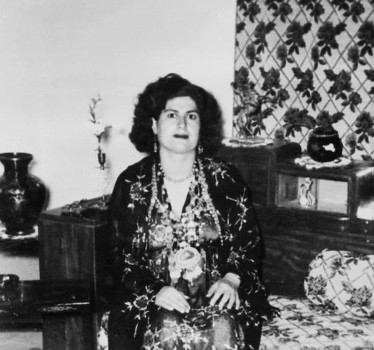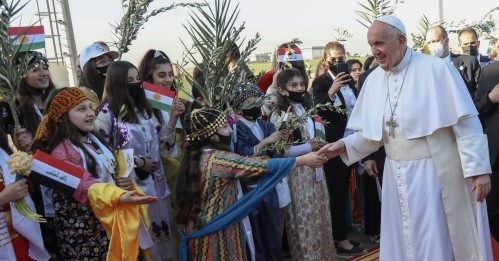During the Anfal Campaign, an operation carried out against the Kurds by the Ba’athist regime in Iraq between February and September 1988, thousands of Kurds were buried alive, properties were looted, and women and children were forced into labor camps.
Officials from the Kurdistan Regional Government (KRG) have continued to urge the Iraqi federal government to compensate the families of the victims of the tragedy, and for the international community to recognize the Anfal Campaign as genocide. On the 36th anniversary of the operation’s final phase, KRG Prime Minister Masrour Barzani issued a statement, calling on the federal government to fulfill its legal and moral responsibilities by compensating the families of the victims for the heinous crimes perpetrated by the former Iraqi regime.
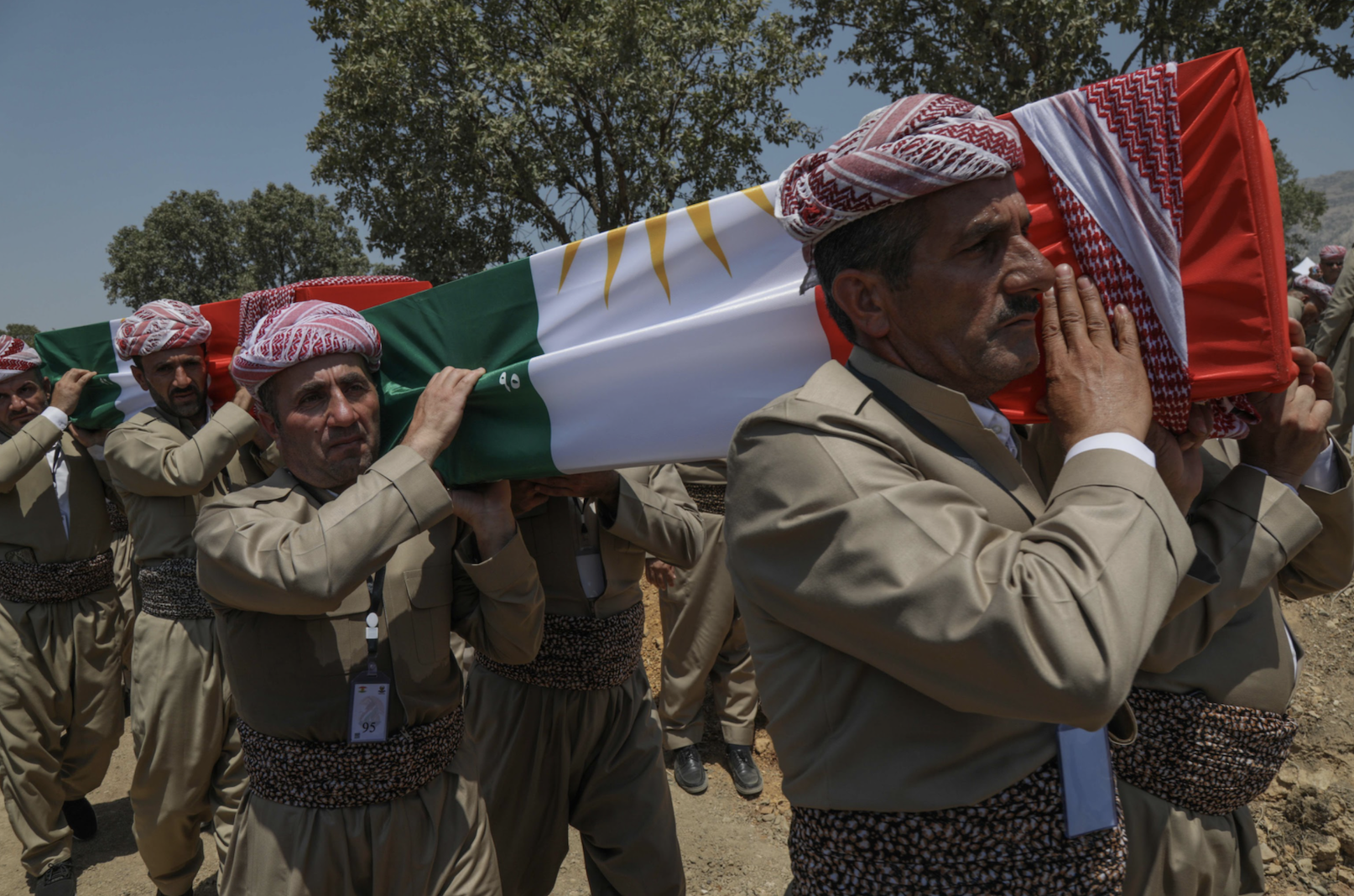
Atrocities that must not be forgotten
The Anfal Campaign was a series of massacres of Kurds carried out by the Iraqi Ba’athist regime under direct orders from former Iraqi President Saddam Hussein at the close of the Iran-Iraq War. The campaign unfolded in eight phases, beginning on February 23, 1988, in the Dokan district of Sulaymaniyah Governorate, and concluding between August 25 and September 6 in Duhok Governorate.
More than 182,000 people were killed during the campaign. Men were taken to the deserts of southern Iraq, where they were buried alive. In some regions, women and children were also transported to remote areas and buried alongside the men. People from over 8,000 villages across Kurdistan were evacuated by the Iraqi regime, and those left behind – mainly women and children – were confined to forced labor camps, enduring harsh living conditions.
In a statement, Masoud Barzani, a leading Kurdish figure and head of the Kurdistan Democratic Party, reflected on the Anfal Campaign: “As a result of this inhumane crime, thousands of Kurdish citizens were martyred, disappeared, or displaced, and hundreds of villages were destroyed. The goal of the former Iraqi regime was to break the Kurdish people’s spirit and continue their policy of demographic change in Kurdistan.”
Prime Minister Barzani emphasized that these atrocities must not be forgotten and reiterated the need for the Iraqi federal government to compensate the Kurdish people for the genocide and the numerous crimes committed against them.
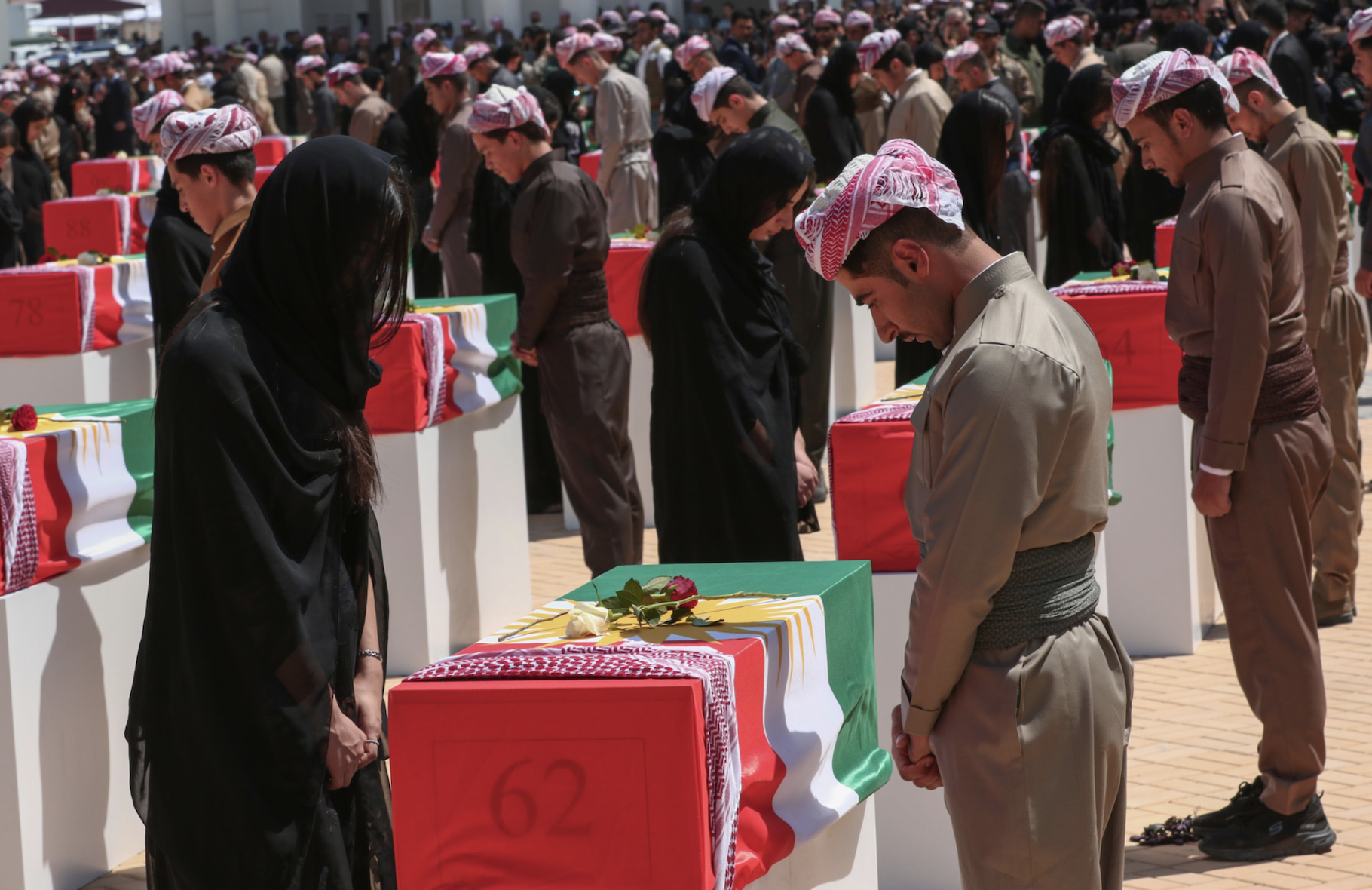
The final phase of Anfal targeted areas such as Zakho, Atrush, Zawita, Amedi, Kani Masi, Batifa, Deraluk, and Sarsing in Duhok Governorate and began with chemical attacks on several villages that killed many civilians. One of the most devastating of these chemical attacks occurred on August 24 in the village of Spindari, located at the foot of Mount Gara. Despite the intensity of the bombing, which stretched for 30 kilometers, casualties were relatively low due to early warnings from the Kurdish peshmerga forces, who advised the villagers on how to protect themselves. However, livestock and fields were annihilated.
During the Anfal campaign in the Badinan area, over 5,000 people were killed, and approximately 60,000 were displaced. A total of 663 villages were affected, including 40 Christian villages and 81 Kurdish villages, and 79 villages that were bombed with chemical weapons.
In a post on X on the anniversary of the tragedy, Kurdistan Region President Nechirvan Barzani highlighted that the final phase of Anfal not only impacted civilians, but also damaged the region’s environment, despoiling its water, air, and soil. “The Iraqi Supreme Criminal Court has declared the Anfal campaign genocide, war crimes, and crimes against humanity. Therefore, we call on the Iraqi federal government to compensate the families of the victims in every possible way,” he said.
President Barzani also stressed the importance of serving the families of the victims and continuing efforts to have Anfal officially recognized as genocide by the international community. Additionally, he urged Iraq to learn from its past to protect the rights of all its people, ensuring a better future for all communities.
Crimes that should never be repeated
The term “Anfal” comes from the eighth surah of the Quran, which refers to the spoils of war, and the name was used to describe the military campaign aimed at eradicating the Kurdish population. Ali Hassan al-Majid, the former Iraqi defense minister, justified seizing the wealth of the Kurdish people, ordering the confiscation of their properties, livestock, and even family members. Some Kurdish collaborators assisted the Iraqi military in carrying out these atrocities.
“The objective of these heinous crimes was to annihilate the Kurdish people,” Prime Minister Barzani stated in his commemoration message. “But the perpetrators of these massacres could not destroy the will and desire for freedom of the Kurdish people.” He vowed that the KRG would continue to support the families of Anfal victims.
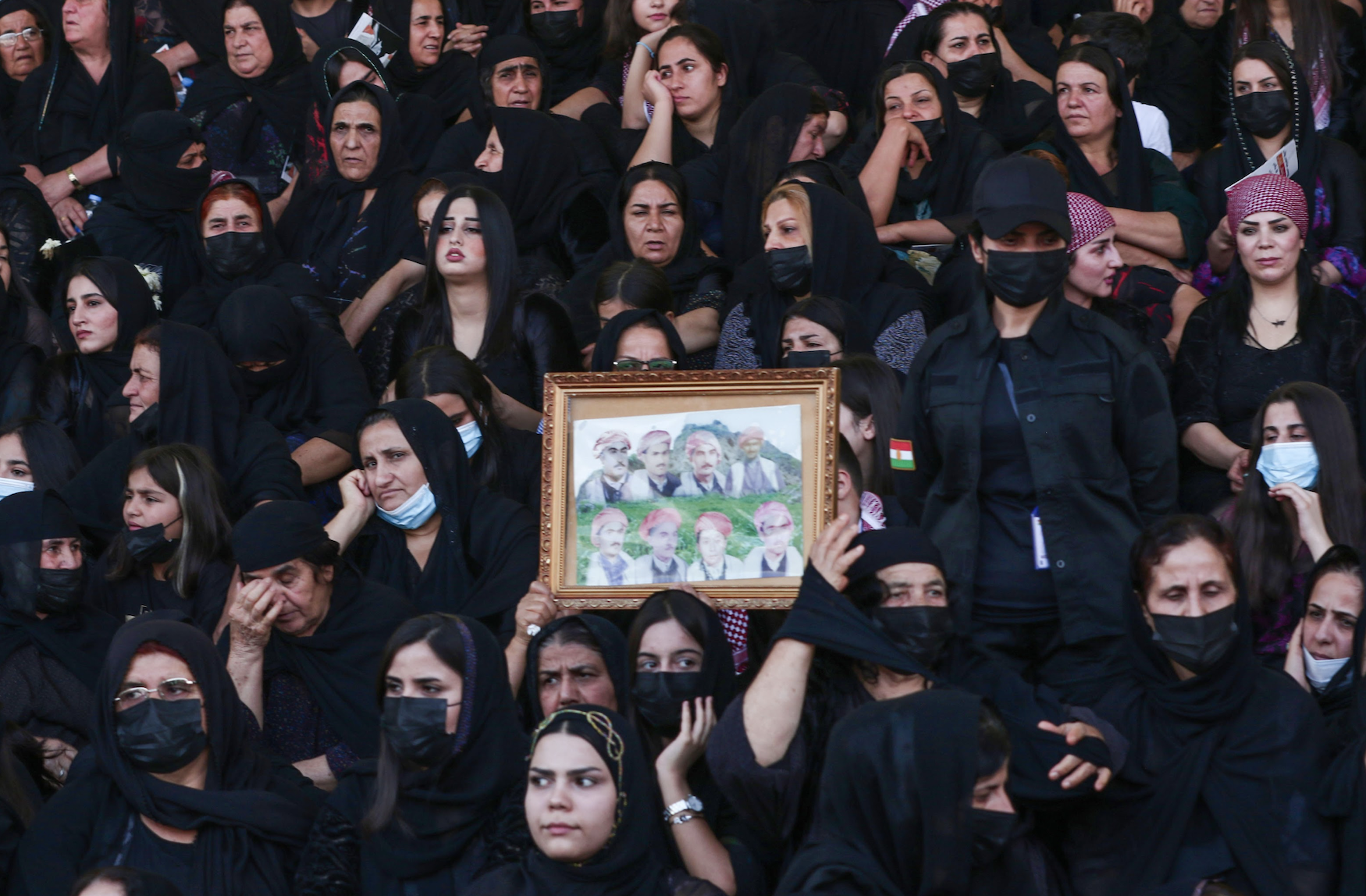
From August 25 to August 29, 1988, over 75 chemical attacks took place, resulting in the deaths of approximately 500 people. According to the Fifth Corps commander of the Iraqi military, 14,473 people were arrested during the campaign, including 2,252 men, 3,303 women, and 7,847 children. Another 482 people who were classified as ‘disruptors’ were also arrested.
Genocide expert Adalat Omar noted that during Anfal’s final phase, 13,553 people were arrested and disappeared, with the number rising to 14,473 following the chemical attack on the village of Berjini.
In 2018, during a ceremony marking the anniversary of Anfal in Badinan, 11 bodies that had been exhumed from a mass grave in 2007 and identified as Anfal victims were buried at Nizarke Castle. However, some relatives continue to demand that the remains undergo DNA testing.
To date, Anfal has been recognized as genocide by Iraq, the UK, Sweden, Norway, and South Korea. Many believe more should be done to secure further international recognition.
Kurdish lawyer Danar Abdul-Ghaffar called on international organizations to ensure these crimes are never repeated. “During Saddam Hussein’s trial, the Iraqi authorities betrayed the Kurds. Instead of convicting and executing Saddam for his crimes against the Kurdish people, they focused on a Shi’ite case,” he said.
Abdul-Ghaffar emphasized the urgency for the Iraqi government to compensate the Kurdish victims in line with the Iraqi High Criminal Court’s ruling. He also stressed that the only way to protect the Kurdish people from future atrocities is for international organizations and governments to enact laws preventing such crimes.
Shamal Abdulla is a journalist with 19 years of experience in the field. He has held a number of prestigious positions, including news director at Kurdistan 24 and the editor-in-chief of BasNews.
